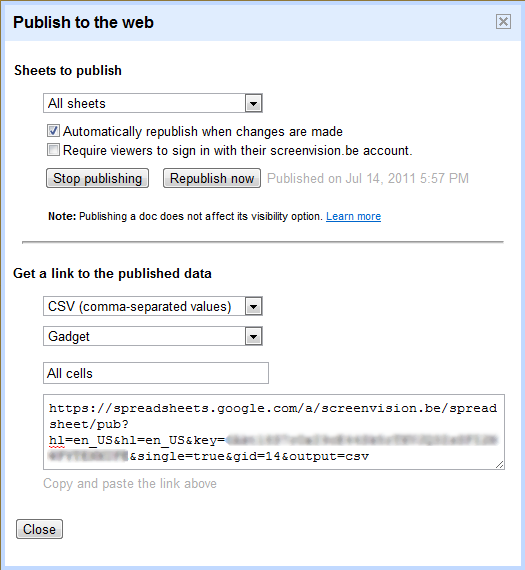Googlistics: messing with the big “G”
05 Apr 2005He probably also first thought it was an April’s Fool joke:
Matt Mullenweg from WordPress was discovered to have used his PageRank 8 site (WordPress is a popular open-source blogging software) for hosting lots of irrelevant content, with the purpose to get high scores in Google rankings and (let a customer of his) make money on Google Adsense.
The content in articles is essentially advertising by a third party that we host for a flat fee. I’m not sure if we’re going to continue it much longer, but we’re committed to this month at least, it was basically an experiment. However around the beginning of Feburary donations were going down as expenses were ramping up, so it seemed like a good way to cover everything. The adsense on those pages is not ours and I have no idea what they get on it, we just get a flat fee. The money is used just like donations but more specifically it’s been going to the business/trademark expenses so it’s not entirely out of my pocket anymore.
(from wordpress.org)
Andy Baio (Waxy) broke the news on March 30th, at a moment when Matt was on holiday (and off-line), so he only replied on April 1st, about a thousand angry emails later. His defense is that it was a interesting idea, badly implemented, not followed up and never evaluated. Since Matt does not have the profile of a cash-hungry opportunist, and he’s explaining this to an audience of people that understand these reasons (reads like an IT project management what-not-to-do list), the storm will probably blow over.
Normally this is the kind of situation where one would say: “SEO? Leave that to the professionals!”. But the fact is that here in Belgium, some of the companies that claim to be SEO specialists, use dirty tricks all over. Hidden links, bot cloaking, keyword spamming, <noscript> tricks, the whole shebang. It’s like they read the Google SEO warning page as a guideline. “Hey look! We could put ourselves and other customers on every client’s doorway pages. Neat!”.
